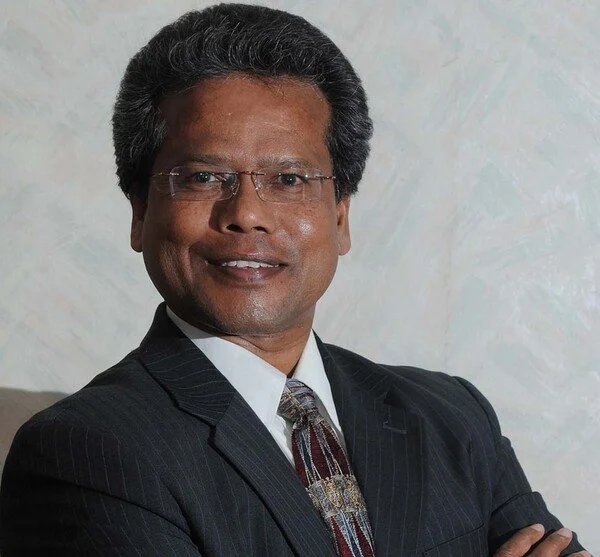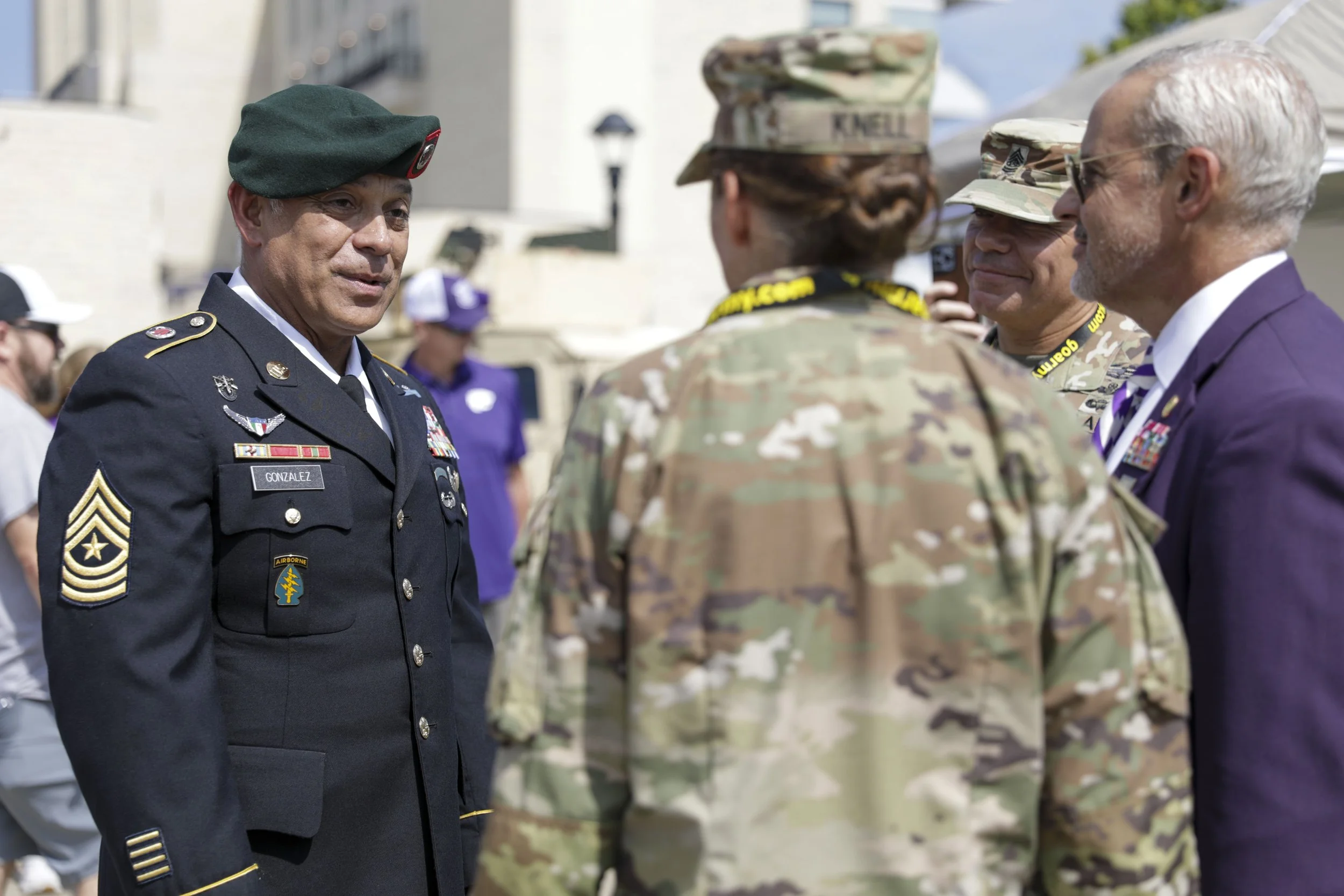How Roger Follmer built a champion tennis program at WashU
Coaching at a division iii school puts the focus on the student part of student-athlete. Washington University in St. Louis doesn’t have scholarship money available to recruit top-tier athletes. Coaching tennis adds another layer of complication. It’s mainly an individual sport, and it’s not uncommon for college student-athletes to have little to no experience playing on a team.
“Guys who attend WashU are here for their academic pursuits, and tennis is the bonus,” says Roger Follmer (HHS’96, MS EDU’99), who just completed his 18th season as head coach of the men’s tennis program. “We don’t have the recruiting resources to see everyone play. We hold tryouts. There’s something to be said about not going after the star athletes. Grit can be very motivating. Underdeveloped players want to get better. You have to put the time in.”
Follmer, the first full-time coach in program history, led the Bears to the Division III National Championship in 2008, and since then, the team has consistently advanced to the quarterfinals or farther in the NCAA tournament. Follmer was named Division III National Coach of the Year in 2006 and 2009. He attributes his success to his hands-on coaching and player development philosophy.
“I have a no-phone rule,” he says. “No checking your phone during practice. Even at matches, phones down. Other coaches tweet out every update, ‘We took the doubles point.’ I don’t do that. It’s too easy to get caught up in a text message or email. I want to be present and engaged.”
His influence extends beyond the tennis court. When the team travels, Follmer has a policy: “When we fly, we wear a tie.” While some players may not be enthusiastic about dressing up initially, by their junior and senior years, some of the athletes opt to wear a suit. Some are learning to tie a tie for the first time.
“Over the years, I’ve seen other teams start looking nicer. Coaches will tell me it’s because of the standard we set” Follmer says. “Professional athletes wear professional clothes when they are being interviewed. I want my student-athletes to take their appearance seriously. It’s no different than a job interview. You’re representing the university, the athletic department, the tennis program.”
It’s a code he encountered as a student-athlete, playing for Tim Madden at Purdue. After graduation, Madden recruited Follmer as a graduate assistant coach as he pursued his master’s in audio and speech science.
“There’s so much about the way I run my program that I’ve adopted from Madden,” Follmer says. “He gave me an opportunity, took a chance on me. Madden built a culture. That is so key.”
This story appeared in the Summer 2019 issue of Purdue Alumnus magazine.
Photo courtesy of Washington University in St. Louis.











